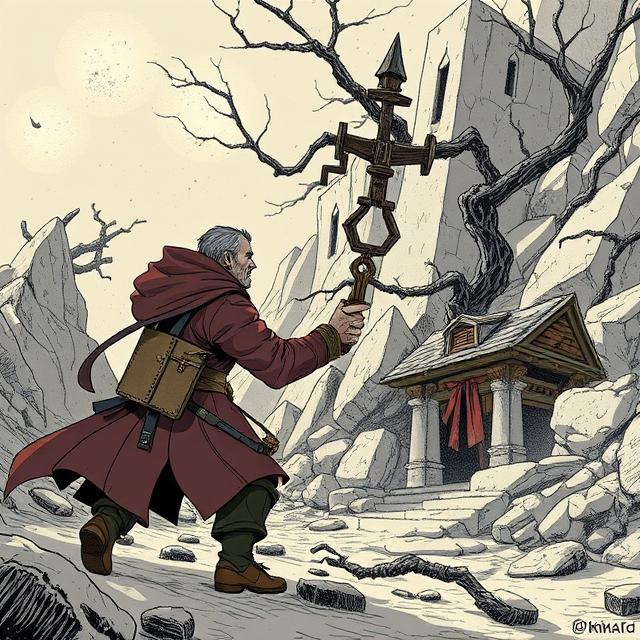Role-Playing Games (RPGs) have long been a staple in the gaming industry, offering players immersive worlds where they can explore vast landscapes, engage in epic quests, and, most importantly, create their own stories. While RPGs are known for their deep narratives and character-driven plots, the best games in the genre seamlessly integrate story elements with gameplay mechanics, creating a holistic experience where the narrative drives player actions and, conversely, the mechanics enrich the story.
Storytelling Through Choice and Consequence
One of the most effective ways game developers use narrative to enhance RPG mechanics is by offering players choices that impact both the story and gameplay. A great example of this is The Witcher 3: Wild Hunt. In this game, players make decisions that shape not only the narrative, such as the fate of characters or the outcome of important events, but also affect gameplay. For instance, Geralt’s decisions might influence his relationships with other characters, which in turn alters his available resources, allies, and quests.
These choices can directly influence gameplay mechanics, such as combat or exploration. In Mass Effect, players’ decisions on the battlefield—whether to negotiate or fight—are intertwined with their alignment and interactions with the game’s characters. The impact of your choices on the mechanics creates a deeply immersive and personalized experience that makes every playthrough unique.
World-Building Through Exploration
The narrative in RPGs also plays a vital role in encouraging exploration, an integral part of most RPGs. Games like Skyrim and The Elder Scrolls Online feature richly developed worlds, where players are motivated by the lore and history they uncover. The narrative can act as a guide, providing background stories that prompt players to visit hidden locations, uncover artifacts, or engage in side quests.
The lore and backstory of these locations are often intertwined with the mechanics of the game. Whether it’s uncovering hidden treasures or defeating ancient beasts, the narrative gives purpose to the mechanics of exploration. The deeper the story, the more rewarding the experience of exploration becomes, as players feel as though they are contributing to the unfolding saga of the game world.
Character Progression and Narrative Integration
Character progression in RPGs is another area where narrative and mechanics go hand in hand. As players level up their characters, they not only become more powerful but also gain access to new abilities, skills, and dialogue options. These abilities are often tied to the character’s story arc. For example, in Dragon Age: Inquisition, your character’s ability to influence major political figures or resolve conflicts is directly linked to your relationship with the characters and factions in the story.
By tying the player’s progression to the narrative, developers create a more meaningful connection to the character. Players don’t just level up to become stronger; they level up to unlock new ways to interact with the world, thereby enhancing the story experience.
Conclusion
Game developers in the RPG genre have mastered the art of weaving narrative into gameplay mechanics. Whether it’s through decision-making, character progression, or world-building, the story shapes the mechanics, and the mechanics enrich the story. This synergy allows RPGs to offer not only an engaging experience but also a deeply personal one, where players’ actions have real consequences in both the gameplay and the unfolding narrative.












